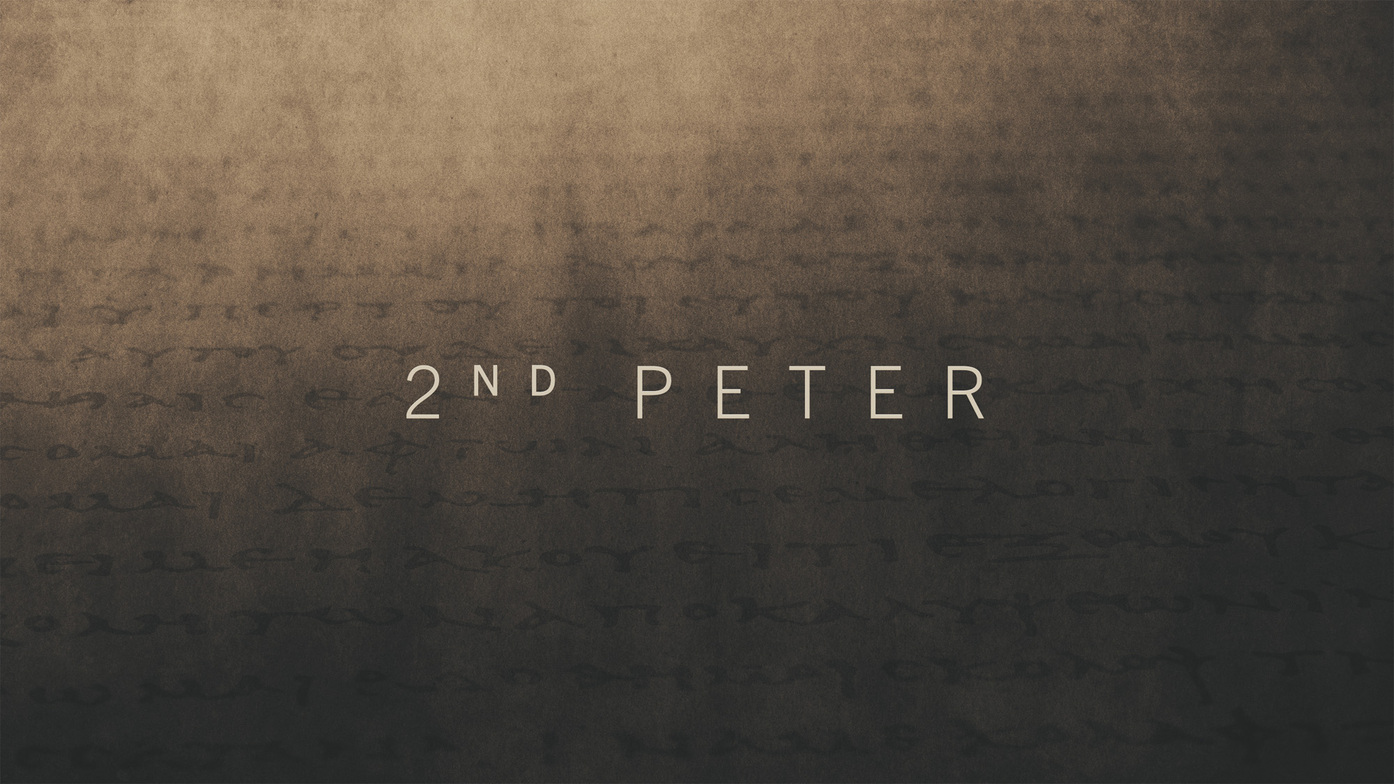
In our modern church culture, we've become excellent at Bible study and Scripture memorization. We pride ourselves on knowing the stories, understanding the theology, and being able to find our way around the pages of God's Word. But the Apostle Peter, writing what would be his final letter before his death, had something more challenging in mind than just Bible knowledge.
What Does It Mean to Put Scripture Into Practice?
Peter's main concern in Second Peter chapter one wasn't whether Christians knew their Bibles well enough. His burning question was whether they were putting Scripture into practice in their daily lives. He wanted believers to move beyond passive Bible study to active biblical living.
This distinction matters because grace isn't meant to create spiritual couch potatoes. When Jesus gives us the gift of salvation, it creates a relationship with expectations on both sides. We're not an audience watching Jesus perform - we're disciples called to follow in His footsteps and play our part in His story.
Why Does Effort Matter in the Christian Life?
The word "effort" appears multiple times in Peter's letter, and it's not accidental. In verse 5, he writes: "For this very reason, make every effort to add to your faith goodness." Later in verse 10: "make every effort to confirm your calling and election."
This isn't legalism - it's living. When Jesus expects our effort, He's not demanding we earn our salvation. He's inviting us into His story where we have meaningful parts to play. The gift of knowing Jesus comes with the resources to live differently, but we must choose to access and use those resources.
What Resources Has God Given Us?
Peter makes an incredible claim in verses 3-4: "His divine power has given us everything we need for a godly life through our knowledge of him who called us by his own glory and goodness." Through knowing Jesus, we have access to divine resources that empower us to live beyond our natural abilities.
Think about how tragic it would be to have access to God's power and presence but never use it because we didn't know it was available or didn't know how to access it. Peter is saying that in Christ, we have everything we need - not just for salvation, but for living a godly life right now.
What Happens If We Don't Put Effort Into Following Jesus?
Peter doesn't sugarcoat the consequences of spiritual passivity. He warns that without effort in our faith journey, we become:
-
Ineffective and unproductive (verse 8)
-
Nearsighted and blind (verse 9)
-
Likely to stumble (implied in verse 10)
-
Forgetful of our cleansing from sin (verse 9)
On the flip side, those who do put effort into their relationship with Jesus will "never stumble" and "receive a rich welcome into the eternal kingdom of our Lord and Savior Jesus Christ."
How Do We Move From Scripture Knowledge to Scripture Living?
Peter provides a practical model for moving from learning Scripture to being shaped by it. Here's a three-step process based on his teaching:
-
Step 1: What is Scripture's Vision?
As you read the Bible, ask yourself: What picture is this painting of how things could be better? What destination is Scripture pointing toward? Peter's vision is clear - we can "participate in the divine nature" and "escape the corruption in the world caused by evil desires."
-
Step 2: Do I Want to Experience This?
It's not enough to see where Scripture is pointing. We must ask ourselves: Do I want to go there? Am I content staying where I am, or do I want to be part of the change God is calling me toward? Often, the missing piece isn't knowledge but motivation. -
Step 3: What's My Next Step?
If you can see the destination and you want to get there, what's the first step from where you are now? This is where application happens. Sometimes Scripture gives direct commands. Other times it paints a picture that creates longing for something better. The Holy Spirit, wisdom, and relationships with other believers can all help us discern our next steps.
Why Did Peter Make This His Final Message?
Peter knew he was about to die for his faith. In verses 13-15, he says he wants to remind believers of these truths "as long as I live in the tent of this body" because he knows he will "soon put it aside." His final concern wasn't theological complexity or biblical trivia - it was that Christians would put their faith into practice.
This elderly apostle, who had walked with Jesus and witnessed His transfiguration, wanted to leave believers with one clear message: You have everything you need in Christ, so make every effort to live like it.
Life Application
This week, challenge yourself to move beyond Bible knowledge to biblical living. Choose one area where you see a gap between what Scripture teaches and how you're currently living. Apply the three-step process: identify Scripture's vision for that area, honestly assess whether you want to change, and determine your next practical step.
Ask yourself these questions:
-
What scripture is shaping me today, not just informing me?
-
Where do I see God's vision for my life that I'm not yet experiencing?
-
What's one specific step I can take this week to put my faith into practice?
-
Am I using the divine resources available to me in Christ, or am I trying to live the Christian life in my own strength?
Remember, God hasn't just given you salvation as a ticket to heaven - He's given you everything you need for a godly life right now. The question is: will you make the effort to live in that reality?